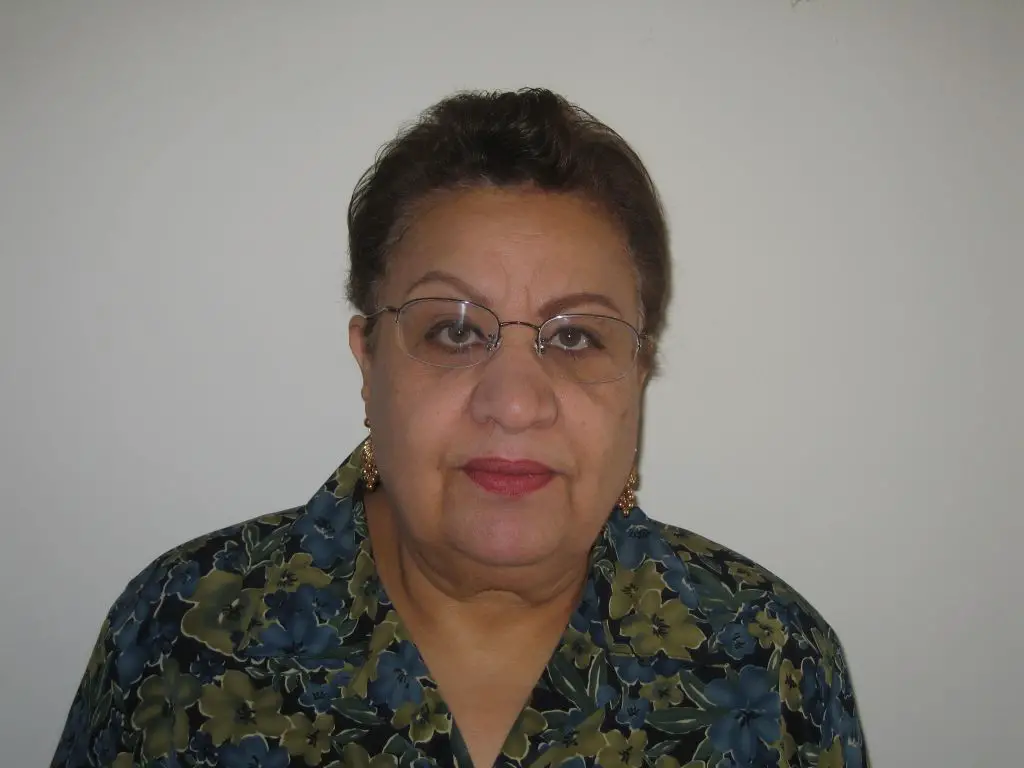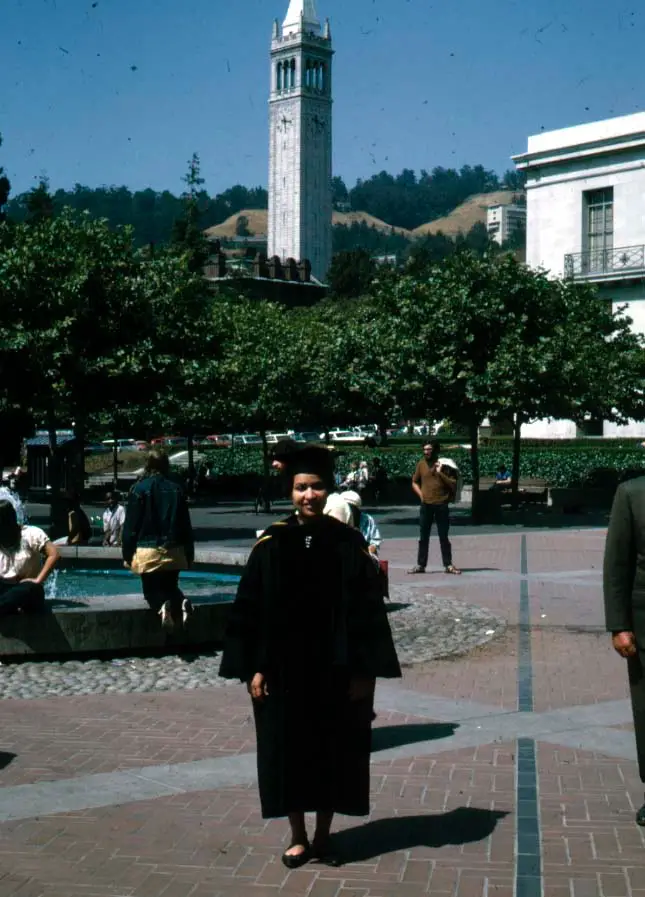February 10, 2022
WoEgypt

On Sunday February 6th, 2022, Egypt’s Minister of Immigration, H.E. Nabila Makram honored Professor Kawthar Abdelhamid Zaki with a life achievement award. The ceremony took place via zoom, in the attendance of more than 70 accomplished Egyptian women from around the world.
Zaki who is currently a Professor Emerita in the Electrical and Computer Engineering Department at the University of Maryland (UMD), was the first woman to earn a Ph.D. in Electrical Engineering at the University of California Berkeley in 1969. In 1970, she was hired as the first woman professor in the UMD College of Engineering.

Zaki was born in Egypt and received a B.S. (with honors) from Ain Shams University in Cairo in 1962 before coming to Berkeley. She was awarded an M.S. in 1966. Her Ph.D. research focused on microwaves, millimeter waves and optical devices, as well as computer-aided design. She has been awarded six patents and numerous honors including the 1971 UMD ECE George Corcoran Award for Significant Contributions to Electrical Engineering Education. Zaki is a Fellow of the Institute of Electrical and Electronic Engineering (IEEE).
“I came from a large family of 4 sisters and 2 brothers. We lived in Cairo and my father was a civil servant and an actor and my mother was a homemaker. My father believed that the place for women is home to raise children. He did not believe that a girl’s education is important.”
On the other hand, Zaki believed from a young age that women deserved equal opportunities as men. She studied hard to prove to her father that girls could also work hard to achieve their goals and become engineers. “My father had hoped for my brothers to become engineers, but I was the one who did in the end. My mother, having raised 7 kids without any help, was very supportive of me.”
After High school, Zaki joined Ain Shams University, College of Engineering and specialized in the field of Communications. It was there that she met her future husband. She was the only female student in the class. “We used to study together and when we graduated, Ali ranked first and I ranked second in the class.”
After graduation, they were hired as teaching Assistants. “At the end of the 2nd year, Ali got a scholarship to study in the US, and I received a scholarship to study in Germany. At that time, we were married so I decided to go with him to the US.”
They arrived to Berkeley, California in 1964. “I did not speak English, so I took English classes at the local high school and then applied to study for my PhD at the University of California Berkeley.”
The young couple spent five years at Berkeley. They “were special years—we had an amazing community of young Egyptians who became like our family. Ali graduated one year before me, and we also had our first Child Walid in the last year of graduation.”

Zaki received her PhD degree in 1969. “I was the first woman to graduate with a PhD degree from the Electrical Engineering Department at the University of California Berkeley.” Zaki didn’t know that at the time. She found out few years later when the Department of Electrical Engineering announced it and posted her picture “on a showcase.”
The family drove across the country in their “Buick” after Zaki’s husband got an offer to work in Communication Satellite Company (COMSAT) on Maryland. She applied for a teaching position at the University of Maryland and received an offer to be visiting assistant professor in the EE Department.
“The first time I went to the classroom, many students waled out. They thought they were in the wrong class. I wrote the title of the course on the board, and they came back.”
The student were not to be blamed. Zaki was the first woman who was hired in the college of Engineering at the University of Maryland. “When I joined, there was no women’s bathroom in the lab building. I requested one. They divided the men’s bathroom into two. Some of my male colleagues were very upset with me, and I often heard them asking, ‘why is she here?’ ‘Why is she not home raising her kids?’”
Zaki faced a lot of hardship and resistance, but she also found support from had some faculty members. “In my second year, I received George Corcoran Teaching Award, and I started getting some respect.”
By then, her appointment changed from visiting to a tenure-track assistant professor. She had her second child, Hoda, while on the tenure-track and learned to juggle work and home life. “I was lucky to have a very supportive husband who saw our home life as his responsibility just as much as mine.”
The aftermath of the 6-day war made it impossible for the family to return to Egypt, as much as they had hoped to. “We were unable to even visit our families until 1976. While we had built a life in America, we worked hard to instill a sense of Egyptian identity in our children.”
Zaki received tenure and eventually became a full professor, graduating dozens of PhD students. She taught and did research from 1970-2016. She was the only female faculty member in the college of Engineering for 10 years, before the college started to hire women. She retired in 2006.
“The department has now hired many women and fortunately they have had a much easier time than I did, with maternity leave and lots of flexibility in doing research and teaching. I am glad that this happens, and that women are advancing and doing a great job, but I am still disappointed that in this country, we still have a glass ceiling and so few women choose to go into engineering.
I’m so grateful that Egypt had free high quality public higher education when Ali and I met. If it were not for Ain Shams, I would not have been able to come this far.”
***If you liked this article, don’t forget to subscribe to our newsletter and receive our articles by email
